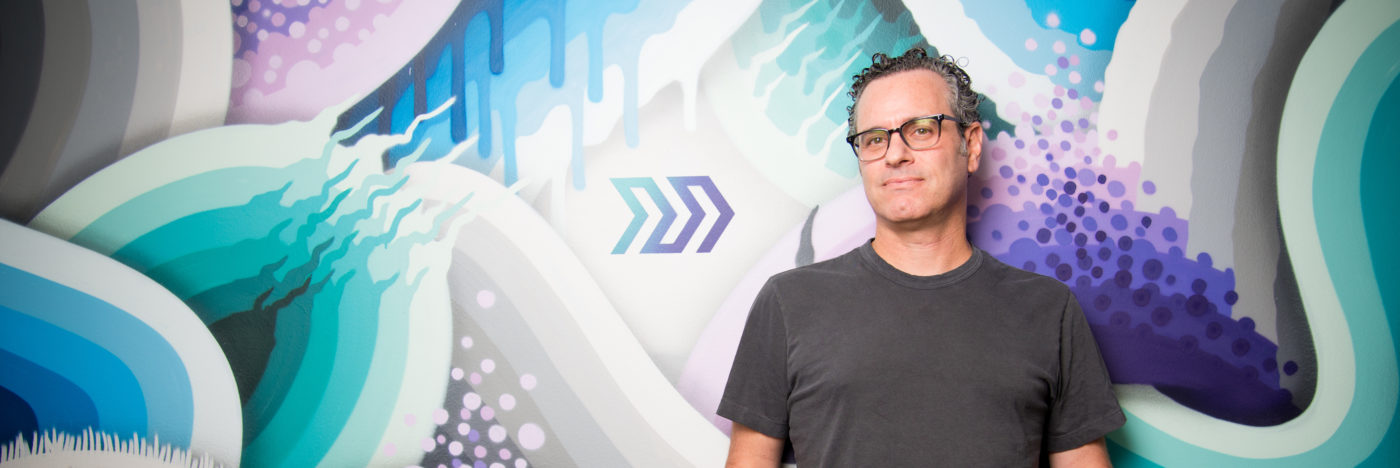
Jason Gardner, founder and CEO of fintech unicorn Marqeta, says being an entrepreneur is an addiction. You get an idea, and it consumes you; you spend countless days and sleepless nights thinking about it, refining it and honing it into a reliable vision.
Gardner has been through this process three times. Marqeta has quadrupled its value in just a few short years, raised $376.3M and is on track to IPO — all while operating in a niche that many would have dismissed for its dusty and outright archaic methods: payment card issuing and processing.
With investments from firms Iconiq, Coatue, Goldman Sachs, Visa, and 83North, as well as clients including Square, Kabbage, Instacart, and DoorDash, Marqeta is on an upward trajectory with no end in sight.
The Birth of a New Idea
We recently had the opportunity to interview Jason and ask him about the key differentiating factors that he believes led to his success with Marqeta, and his advice for entrepreneurs looking for investments to turn their vision into a more concrete reality.
In order to better understand Jason’s journey to entrepreneurial success, he believes it’s important to be able to learn from the past. For example, the second company he co-founded, PropertyBridge, was born in 2004 as a way for landlords to collect rent and related payments electronically.
In the beginning, PropertyBridge was a combination of marketing, management and payment processing services. VCompanies initially approached PropertyBridge but only wanted to discuss payment processing. Soon after, they dropped the marketing and management products and solely focused on payments, which was the right idea. The company was sold to MoneyGram in late 2007.
That experience fueled a spark that allowed for the creation of Marqeta, but even then, Jason was not happy doing things the old-fashioned way and promoting the status quo. He wanted to take the stale, dusty old payment card issuing and processing industry and breathe new life into it with exciting and emergent technologies.
The Power of Product/Market Fit
Marqeta started out as a consumer card, but didn’t take off. Looking back at his experience with PropertyBridge, Gardner sees that the greatest asset in a business is product market fit. The consumer card was built on top of an issuing processing system that Marqeta built from scratch.
Facebook came calling in 2012 because the technology and its platform features were universally unique. Marqeta opened their platform to Facebook and then soon to many others. It was the product that the market was looking for. If there’s a hungry market and a product that matches their needs and exceeds their expectations, that’s a formula for success.
“Product and market fit is the first step. You have to have the right fit,” according to Jason.
“After that comes scaling the business, and that’s exactly what happened with Marqeta. With Marqeta, the focus was always on being a payment processor, just not with its own card, it was only Marqeta’s first iteration,” says Jason.
Marqeta moved to a unique idea in the world of payment card issuing and processing; an open API that would allow card issuers to design and build their own products, without being beholden to larger, more established processors and having to do things “their way”. This breath of fresh air has transformed the industry and turned Marqeta into a $2B company.
Entrepreneurship is an Addiction
With the company growing exponentially and the kinetic energy showing no signs of slowing down, are there any drawbacks to being a serial entrepreneur? Jason likens it to an addiction. “Entrepreneurship is a drug, and the hangover is brutal. There are days where you’re exhausted and you don’t know if you can get up in the morning, and other days where you don’t know how you got so lucky that you get to work with amazing people on a market changing company.”
“Luck really is an important factor, however, building upon your past experiences and leveraging your business partners to understand what a market is truly hungry for is primary,” says Jason. Payment processing was done the same way for decades with no real impetus to change. Then Marqeta came along and took the open API approach to success.
However, being successful and being able to leverage that success to raise money are two different things. You can have all of the drive and passion in the world, but you cannot do it all alone.
Everyone Else is Going Through the Same Things as You
One of the most important lessons you can learn, especially in terms of raising money, is the potential of peer-to-peer mentorship. The truth is, Jason remarks, “All CEOs are going through the same things as you.”
“And if you can find a mentor or an executive coach who can help you stay on track and really develop your potential as a leader—so much the better.”
“The old adage of, ‘do what you love, the money will follow’, is vital to remember here,” says Jason, “No entrepreneur ever went into business (or stayed in business) purely for the money. You have to love what you do. Entrepreneurs have to be committed to their vision.”
“It’s simple to look at Marqeta and think ‘they make it look easy’, the truth is that we learned, refined, tweaked and transformed the company into what it is today with a fervent passion, a concrete vision and the backing of other mentors and people who believed in us. Marqeta came into its own at the perfect time: a time when product and developer led companies wanted access to platforms to design and build their products, the notion of open programming and access were starting to pick up steam. And that’s exactly what the “secret” is; being in the right place, at the right time, with the right vision, and moving forward with confidence.”
Jason will be discussing his journey founding Marqeta at fnSummit 2019; our annual 3-day founder retreat on the California Coast.






